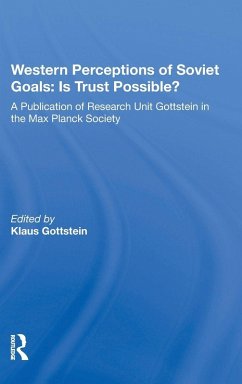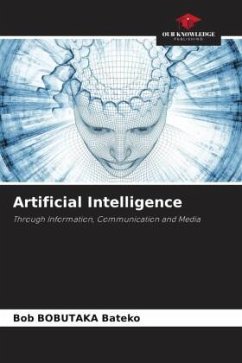
Artificial Intelligence And International Politics

PAYBACK Punkte
20 °P sammeln!
This book provides an overview of the study of international relations using a computational modeling approach (abbreviated as Al/IR). It deals with general theoretical and applied issues in AI/IR subfield and also showcases actual research produced by those working in the AI/IR subfield.














